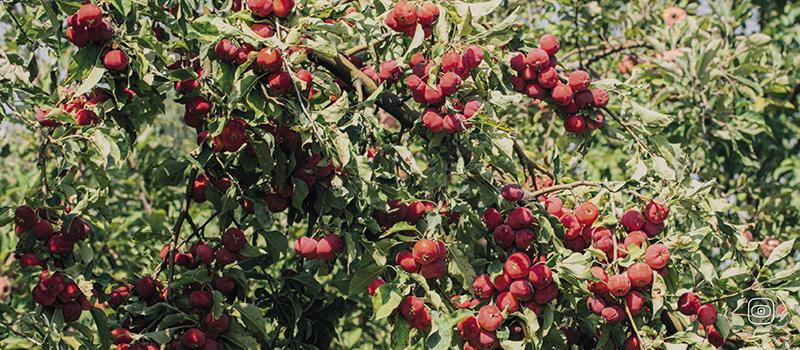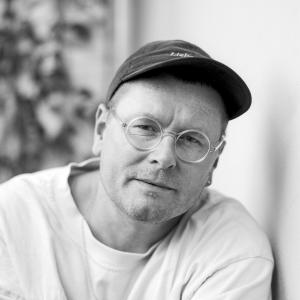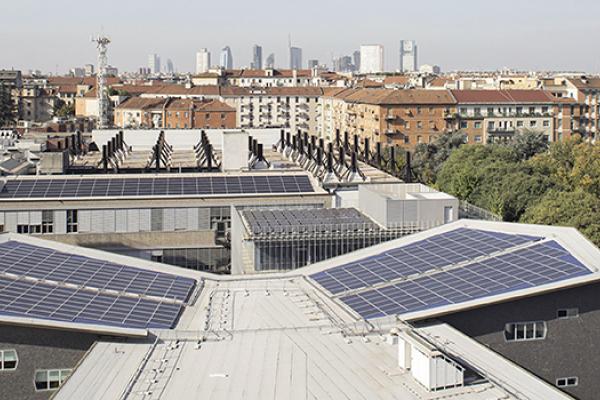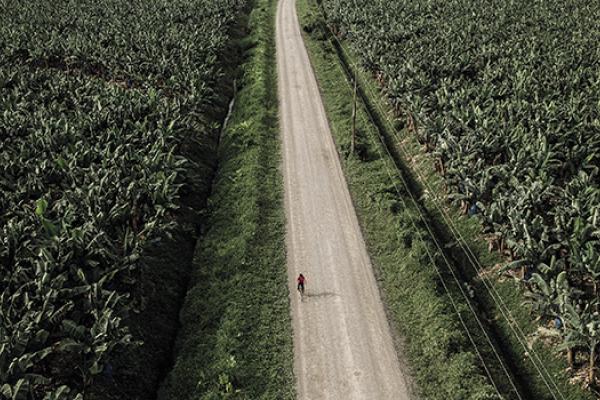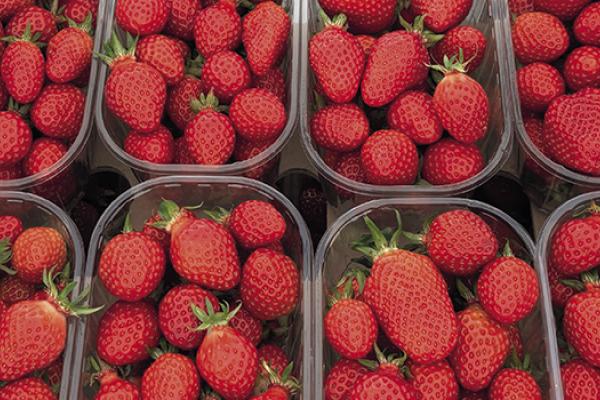The cross-border team behind this investigation — four journalists from Italy and Germany were seeking the solution for more sustainable apple cultivation.
It turns out that the original, thousands of years old gene pool of the apple forests of Kazakhstan can enhance the varieties grown in Europe.
This is because the current model of industrial agriculture in the form of highly cultivated fruit production is not compatible with the environmental challenges and is reaching its limits. To this end, the journalists used one of the most important apple-growing regions in Europe as a case study: South Tyrol, where apples grow in large monocultures. And they visited the last wild apple forests in Kazakhstan, to find an emblematic landscape and a unique ecosystem, threatened by corruption, disinterest and overexploitation.
Photo: Tobias Kruse
FOLLOW-UP:
Tobias Asmuth presented this investigation during "Drops of the Future" conference at the invitation by OSCE. The event took place on the 26th and the 27th of February 2025 in Vienna, Hofburg, and was also broadcasted online.
